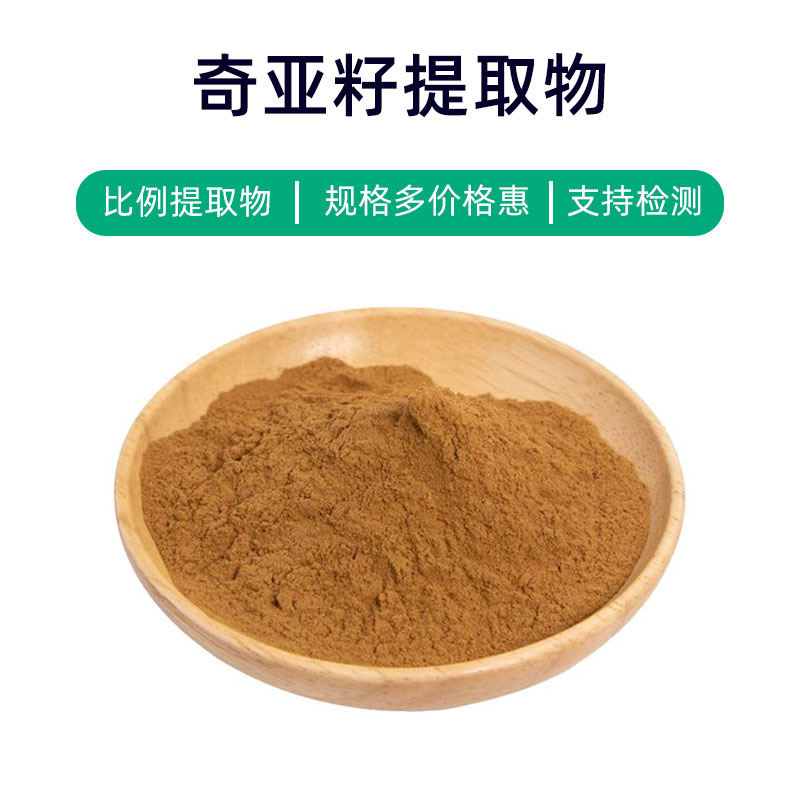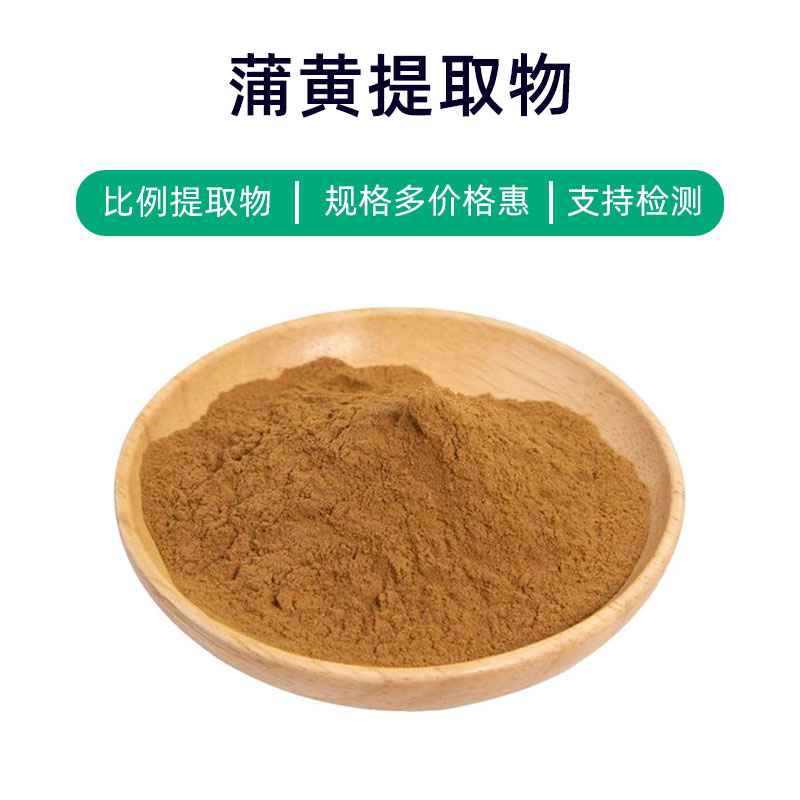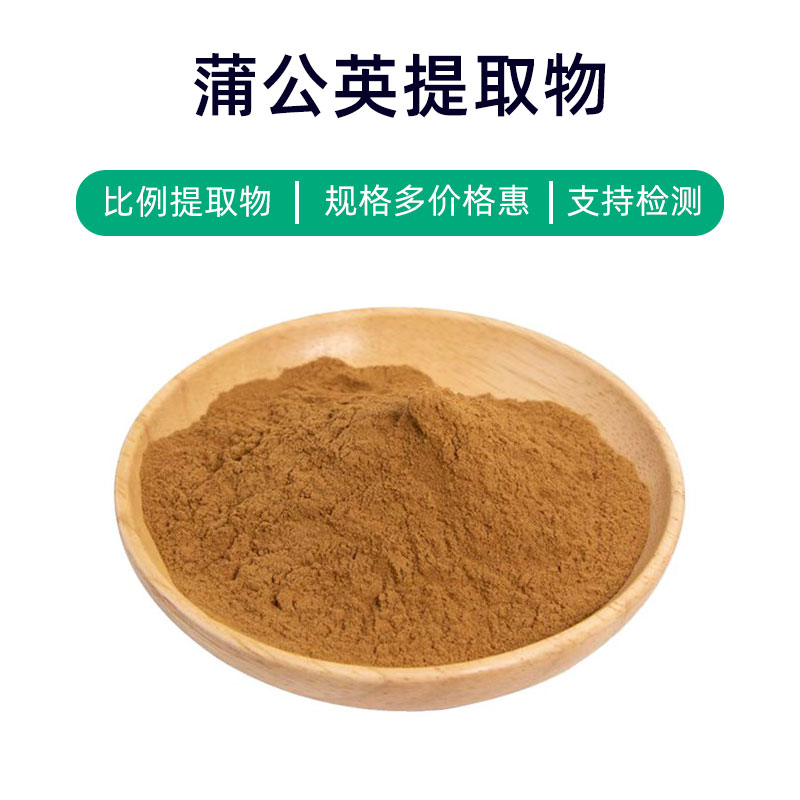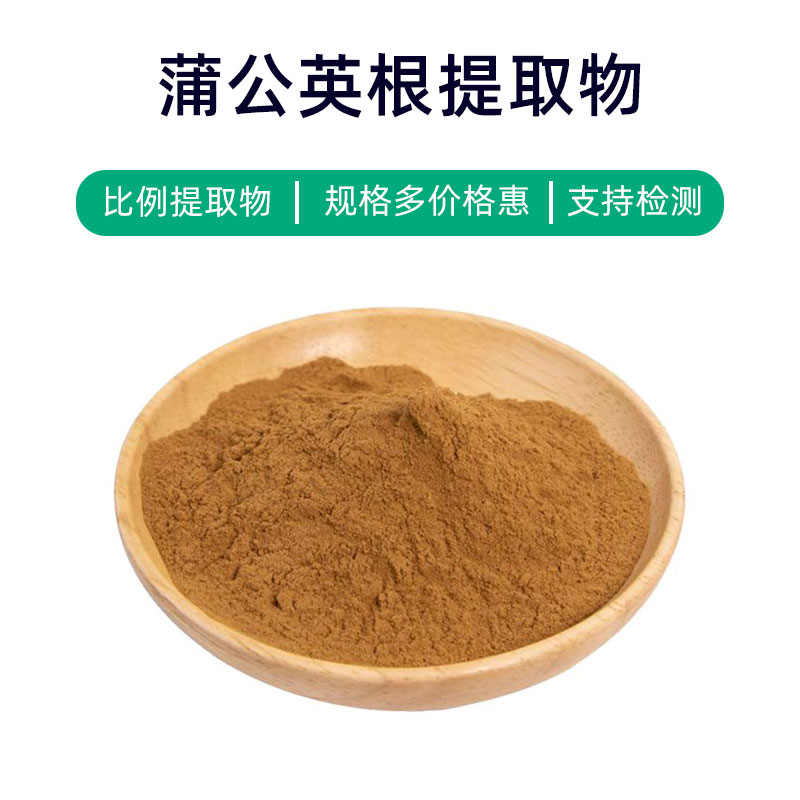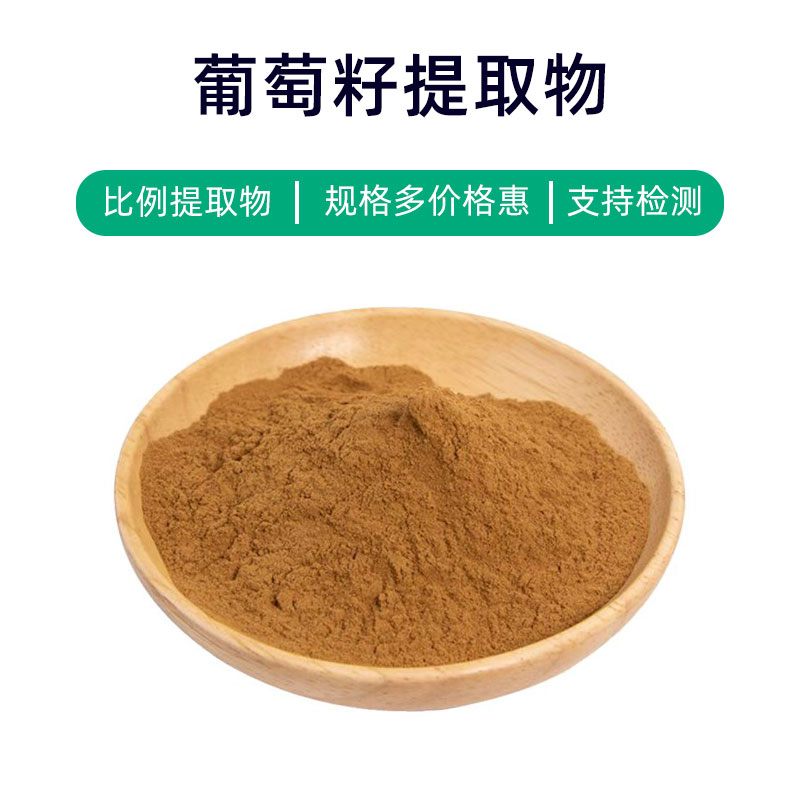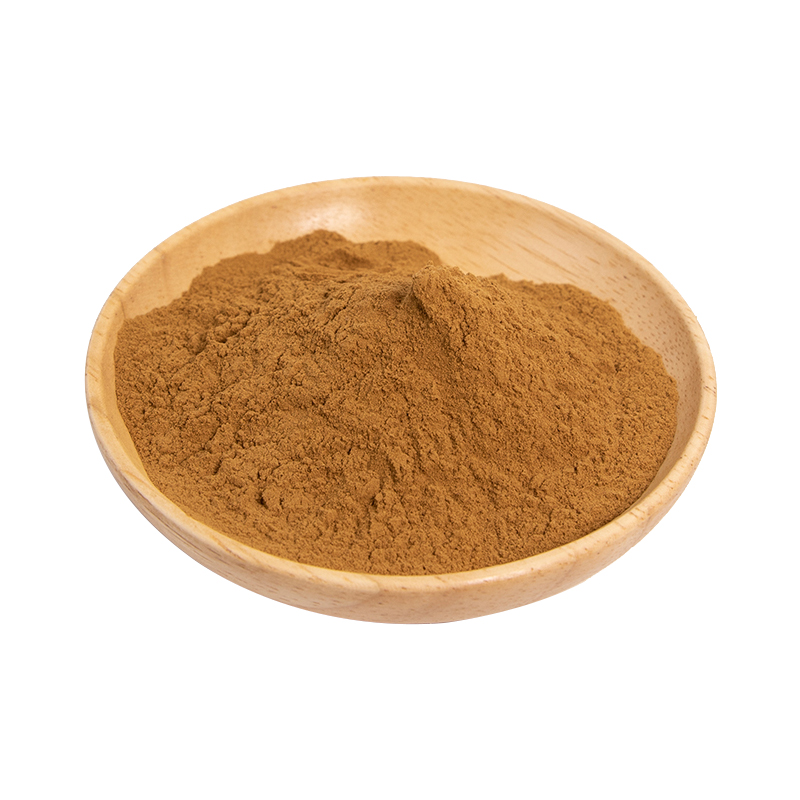Damiana Extract Product Introduction
Damiana extract is a natural plant extract obtained from the leaves of the Damiana plant. Its main components include flavonoids, flavonoid glycosides, and volatile oils. These components provide various benefits and applications for the Damiana extract.
Firstly, Damiana extract is widely used in health products. It is believed to have a stimulating effect that enhances attention and memory, improving cognitive function. Additionally, Damiana extract is used as a supplement to enhance sexual function, helping to improve libido and sexual capacity in both men and women.
Secondly, there is some application of Damiana extract in the pharmaceutical field. It is used to treat certain nervous system-related conditions, such as anxiety and depression. Its calming and relaxing properties help relieve emotional tension and anxiety, promoting better sleep quality.
Moreover, Damiana extract is also utilized in the cosmetics industry. It is added to skincare and beauty products to improve skin radiance and elasticity, reduce the appearance of wrinkles and fine lines, making the skin healthier and younger-looking.
In summary, Damiana extract serves as a natural plant extract with multiple benefits and applications, including stimulating brain function, enhancing sexual function, and alleviating anxiety, suitable for use in health products, pharmaceuticals, and cosmetics.
Damiana Extract Production Process
The production process of Damiana extract typically includes the following steps:
- Raw Material Collection and Preparation: Select high-quality Damiana leaves as raw material. After harvesting, the materials are cleaned to remove impurities and sun-dried to a certain extent.
- Extraction Process: The treated Damiana leaves undergo extraction. Common extraction methods include water extraction, alcohol extraction, or supercritical fluid extraction. Among these, water extraction is one of the most frequently used methods, where the active components in the plant are dissolved in a water solution.
- Concentration and Filtration: The liquid solution obtained from extraction needs to be concentrated to yield high-concentration Damiana extract. Then, processes such as filtration are conducted to remove suspended particles and impurities to enhance the product's purity.
- Refinement and Separation: The concentrated liquid undergoes further refinement processes, such as extraction, crystallization, and distillation, to isolate target components and increase purity.
- Drying and Milling: The refined Damiana extract is dried to remove moisture while maintaining the stability of its active components. Afterwards, the dried product is milled or ground to achieve the desired particle size.
- Packaging and Storage: Finally, the Damiana extract is packaged, usually in airtight containers to prevent the effects of oxygen, moisture, and light. It should be stored in a cool, dry, and ventilated environment, avoiding high temperatures and direct sunlight to maintain product quality and stability.
The above describes the typical production process for Damiana extract; different manufacturers may adjust or add specific steps according to actual circumstances.
Damiana Extract Benefits and Side Effects
Damiana extract is a plant extract that offers various benefits and effects, primarily including the following aspects:
- Antioxidant Action: Damiana extract is rich in natural antioxidants like polyphenols and vitamin C, which can neutralize free radicals, slow down cellular aging, and protect cells from oxidative damage.
- Anti-inflammatory Action: Research suggests that the active components in Damiana extract can inhibit inflammatory responses, making it useful in treating inflammation-related conditions like arthritis and dermatitis.
- Immune Modulation: Damiana extract contains multiple bioactive compounds that help modulate immune function, enhancing the body's immunity and preventing infections and diseases.
- Blood Sugar Regulation: Some studies indicate that certain components in Damiana extract may help lower blood sugar, which can be beneficial in managing diabetes and its complications.
- Cardiovascular Health Improvement: The active components in Damiana extract contribute to protecting blood vessels, lowering blood pressure, and improving blood circulation, helping to prevent cardiovascular diseases.
- Antibacterial Properties: Some components in Damiana extract possess antibacterial qualities, which can be useful in treating bacterial infections and preventing infections.
- Digestive Aid: Rich in fiber and enzymes, Damiana extract can support normal digestive function and alleviate indigestion and gastrointestinal issues.
- Liver Protection: Studies show that Damiana extract may protect the liver, reducing liver damage and improving liver function.
Despite the numerous benefits, users should be aware of potential side effects, such as individual allergic reactions and digestive discomfort. Additionally, individual responses can vary, so it is advisable to consult a doctor or pharmacist before use.
Damiana Extract Applications and Dosage
Damiana extract is applicable in various fields, including medicine, food, and cosmetics. Here’s a detailed introduction for each domain:
- Medical Applications:
- Supporting Treatment of Inflammatory Diseases: Due to its anti-inflammatory properties, Damiana extract can assist in treating conditions like arthritis and dermatitis, often used in topical formulations such as creams and ointments.
- Supporting Diabetes Treatment: Studies have demonstrated that Damiana extract can help regulate blood sugar, thus supporting diabetes management; it is typically taken in oral form according to medical advice.
- Immune Modulator: The active components in Damiana extract can improve immune function, preventing infections and diseases, and can be formulated into capsules or oral liquids.
- Food Applications:
- Nutritional Supplements: Given its antioxidant and anti-inflammatory qualities, Damiana extract can be incorporated as an ingredient in nutritional supplements, available in oral liquids or capsules.
- Functional Food Additive: Due to its antibacterial properties, Damiana extract can be used as a food additive to extend the shelf life of products and maintain their freshness.
- Cosmetic Applications:
- Skincare Products: Its antioxidant and anti-inflammatory effects make Damiana extract valuable in skincare formulations, aiding in anti-aging and repairing damaged skin.
- Shampoo and Hair Care Products: Damiana extract nourishes hair and promotes scalp health, making it suitable for inclusion in hair care products to enhance shine and elasticity.
Dosage:
- Medical Use: Follow medical advice for dosage, as guided by a healthcare professional.
- Food Use: Generally, adhere to standards for food additives; avoid excessive amounts.
- Cosmetic Use: Add Damiana extract as per product formulation requirements according to production methods.
When using Damiana extract, it is important to follow the product instructions or medical advice to avoid excessive use, which may lead to adverse reactions.
Damiana Extract Source Plant Introduction, Distribution, and Growth Environment
Damiana extract is derived from the Damiana plant (scientific name: Damiana); here is a detailed introduction regarding its source, distribution, and growth environment:
- Source Plant Description:
- The Damiana plant is a perennial herb belonging to the Turneraceae family, native to Mexico and Central America.
- Its leaves are oval or obovate in shape, with serrated edges, usually exhibiting dark green color.
- During the growing season, the Damiana plant produces small yellow flowers, which are aromatic and make it a highly ornamental plant.
- Distribution:
- The Damiana plant is primarily found in Mexico, Central America, and the Caribbean, being one of the region's native plant species.
- Besides its native range, due to its medicinal and health benefits, it has also been cultivated in some tropical and subtropical regions.
- Growth Environment:
- Damiana prefers warm and humid environments, typically found on low-altitude slopes, creek sides, and riverbanks.
- It can adapt to various soil types, including sandy, loamy, and rocky soils, but thrives best in well-drained soil.
- The plant requires a lot of sunlight, favoring areas with ample sunlight and is often found in open, sunny spaces and forest edges.
Overall, the Damiana plant is an herbaceous species that thrives in tropical and subtropical regions, originally from Mexico and Central America. It prefers warm, humid growing conditions and typically grows in low-altitude slopes and riverbank areas, demonstrating a strong adaptability to various soil types.
Damiana Extract Processing and Storage
The processing of Damiana extract primarily includes the following steps: First, the leaves of the Damiana plant are harvested and washed to remove impurities. Next, an extraction process is carried out, typically involving water or alcohol extraction to obtain its active components. Subsequently, the extract undergoes concentration and filtration to ensure refinement and purification. Finally, the extract is dried to ensure stability and prolong shelf life.
For storage, Damiana extract should be kept in a cool, dry, and ventilated environment, avoiding direct sunlight and high temperatures. Additionally, it is important to prevent contact with harmful substances to maintain its quality. It is generally advised to store the extract in airtight containers in a cool place and regularly check the storage conditions to ensure its quality.
Monica Sun is a seasoned expert in the plant extraction industry with over a decade of experience in research and production. She specializes in the extraction and purification of plant active ingredients, focusing on driving innovation in natural product applications. Monica has participated in the development of multiple functional plant extracts, delivering high-value natural raw material solutions for the health food, pharmaceutical, and dietary supplement sectors.









